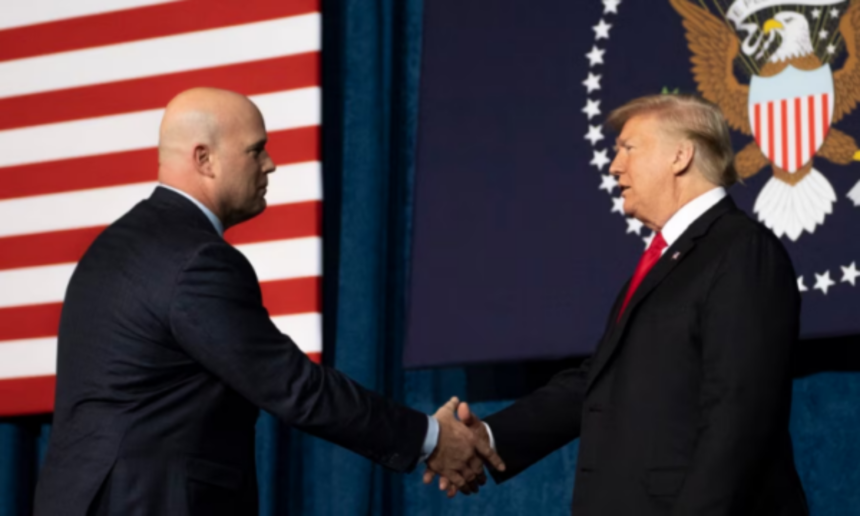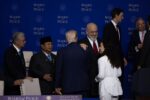NATO allies are preparing for potentially turbulent transatlantic relations following the victory of Republican Donald Trump in the U.S. presidential election. During his first term, President Trump questioned NATO’s importance and repeatedly criticized allies for failing to spend enough on defense. However, as Voice of America correspondent Henry Ridgwell reports, many European countries are echoing calls for increased military spending in the face of the threat from Russia.
This week, U.S. officials participated in the opening of a U.S. base in Poland designed to defend against ballistic missiles—planned for opening in 2008. Warsaw’s government expressed appreciation for the commitment shown by American presidents.
“The United States is truly a guarantor of Poland’s security, as well as the entire NATO alliance,” declared the Polish president.
Warm words for Washington, but underlying concerns remain about the future U.S. president’s commitment to European security. In 2017, Trump referred to NATO as “obsolete” and continuously criticized the alliance’s members.
“Twenty-three of the 28 member countries are still not paying what they should for their defense. This is not fair to the American taxpayers,” he declared during his first term in May 2017.
At the 2018 NATO summit, allies stated that Trump threatened to withdraw the U.S. from the alliance if European countries did not increase military spending. At the time, Trump claimed success.
“Everyone agreed to significantly increase their commitments. They will raise spending to levels they never even thought of before,” Trump said at that time.
During the presidential election campaign, Trump once again caused shockwaves regarding NATO.
“One of the presidents of a major country asked me: ‘Sir, if we don’t pay and we are attacked by Russia, will you defend us?’ I said: ‘You haven’t paid?’ He said: ‘No.’ I said: ‘No, I will not defend you. In fact, I would encourage them to do whatever they want. You need to pay, you need to pay your bills.’”
NATO allies may face new pressure to spend more when Trump assumes office, according to Fabrice Pothier, a former NATO policy planning director.
“I’m not so sure we can talk about an existential threat to NATO, as we did in 2018. But I can say he will demand hard deals. Not just to reach the military spending target, but perhaps to prepare the ground for increasing spending to 2.5 or 3% at the next NATO summit in June in The Hague,” he said.
Such an approach is likely to be welcomed by many European states, especially following Russia’s aggression against Ukraine.
“Allies on the eastern front, like Poland, for example, as well as the Baltic countries and even Nordic countries, now see this as a positive thing. But I think there are still concerns throughout the alliance when it comes to spending, as it might undermine the credibility of collective defense,” said Fabrice Pothier.
Trump has nominated Matthew Whitaker as the U.S. ambassador to NATO. In a written statement, Trump emphasized that Whitaker “will strengthen relations with our NATO allies” and that he “will prioritize America.” His nomination must be confirmed by the Senate. /VOA







